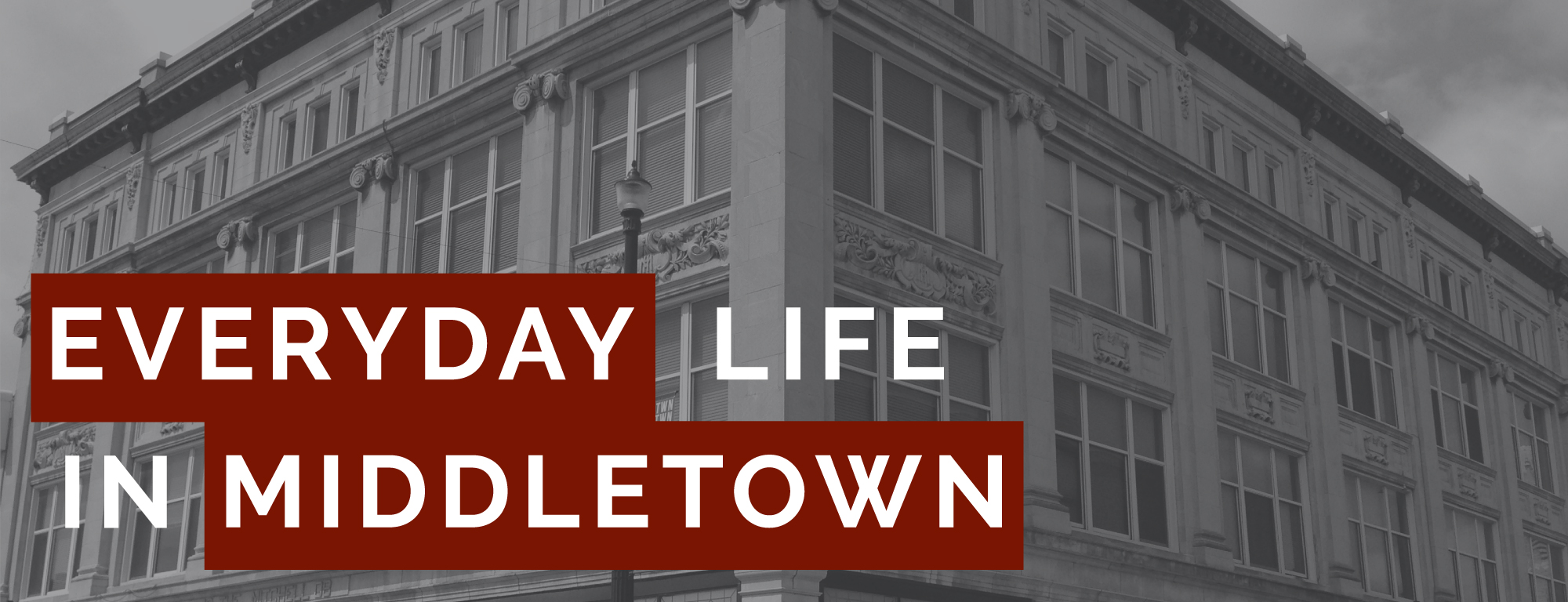Musings on “Work”
It strikes me that the word “work” is doing too much work for the English language.
- Workin’ 9-5, what a way to make a livin’ (clearly equating work with a job, and a job with standard hours)
- Work-Life Balance (is work not life?)
- Working hard or hardly working? (Something that annoying guy at the office probably says when he passes you in the hall)
- Working Out (which could be physical activity or could mean something is going well)
- Choose a job you love, and you’ll never work a day in your life. (Pretty sure THAT’S not the correct use of the word).
You show your work (perhaps in a workbook) or maybe share it in a workshop. When an object stops working, it’s useless or in need of fixing. When a human stops working, it’s called retirement. I have a feeling my ongoing listing of the uses of the word has, ironically, stopped working as device to get into this piece and started sounding a lot like Forrest Gump.
I think about the concept of work quite a bit, actually. I’m on sabbatical, which is and is not work, and I’m also studying labor. The research method I’m using defines work as something that takes time and energy, but also intention. Only people are capable of work—an important and interesting distinction in the coming AI landscape.
Work takes time and energy—that part seems like a given. Sleeping, dreaming, is not work, even if it’s our brains working through the day. Work can be either mental labor or physical labor. There’s a great deal of mental labor in my job, but very little physical labor (the occasional reorganizing of books and offices aside). Cleaning the house is physical work but requires little mental energy. Thinking is work, for sure. It certainly takes a good deal of time and energy. Capitalism tends to tie work to a product, though, and thinking doesn’t always have a one-to-one correlation with a product. Some thoughts go nowhere, produce nothing. I’m already feeling a little worried about doing meaningless work on my sabbatical, but my wife reminds me that one of the luxuries of having a sabbatical is to account for those dead ends and rabbit holes that lead nowhere. I needed that thought.
Cal Newport writes about “Deep Work,” that state of focusing to work on the big ideas, the deep dives. I found this idea useful in some ways, and yet, I also think that deep work can come from a lackadaisical path. Often ideas come at unexpected times. Times when you don’t know that your brain is working. Perhaps that’s part of why work—particularly mental work—is difficult to define. Am I working in the shower when that idea for a new class suddenly sparks from the soap suds? I wouldn’t put it in a time sheet, and yet, there it is.
Perhaps such an example does not count as work because it violates the third criteria of intentionality. This is, perhaps, the most intriguing part of the definition. It speaks to the power of work—or perhaps more specifically of labor. If work is intentional, then 1) it must be done by a human being and 2) it can be withheld. Of course, humans use tools to complete work. Work is not done by humans alone, but while machines can sometimes take the place of human labor, they do not work because they have no sense of intentionality. Humans have the power to work or not work. Throughout history we’ve used this power to withhold work from those who demand it. To resist, to exercise our intentionality in work. Currently, you hear about “quiet quitting,” which is now better called “acting your wage.” This practice of not working above and beyond your job description when you aren’t paid to do so is a powerful reclaiming of the intentionality of work in a time when expectations for work had seeped into leisure time.
Another area of work that often goes unmarked is emotional labor. (It’s interesting that the term labor is more often used here than work.) When we do mediation, we stress that it is “hard work.” When people talk about relationships, particularly life-long partnerships, they stress that it requires work. When I was younger that concept didn’t entirely resonate with me—until I realized that I’d been in a relationship for most of my adult life that hadn’t been engaging in that work. Relationship work is some of the most important (and often most neglected) work that we do. Understanding another human’s needs, how they give and receive love—it takes time, energy, and a great deal of intentionality. Love often feels like it hits us out of the blue. We don’t intend for it to happen sometimes. I certainly didn’t intend to fall in love with my wife. But sustaining that love is intentional, meaningful, and pleasurable work.

